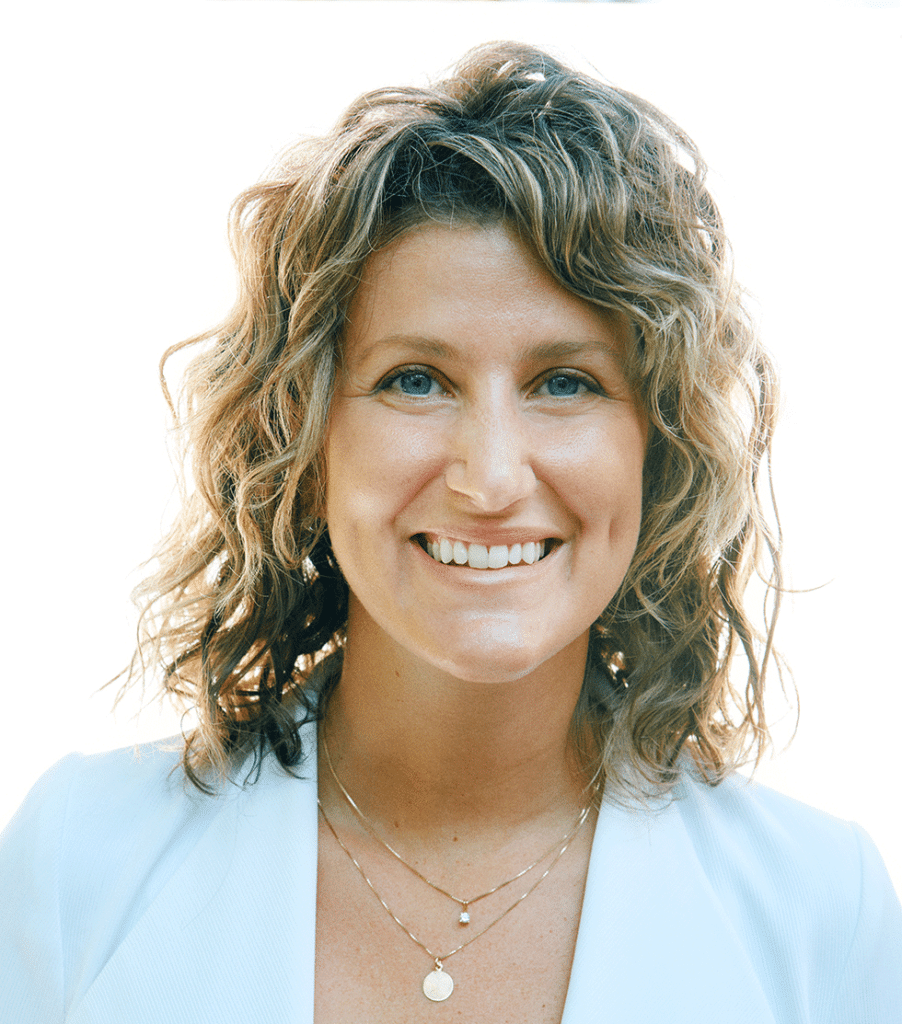Sarah Cox is an experienced business builder and global health enthusiast. She has a wealth of experience selling disruptive products/technologies to the largest US hospital systems, insurance companies, distribution companies, as well as the leading Health EMR/ERP software organizations. Sarah has worked within the Canadian, US, European and UAE markets in start-up and corporate (through acquisition) environments.
Sarah passionately supports women-identifying business owners and is proud to be Lebanese Nova Scotian (acknowledging the land as Mi’kma’ki, the ancestral and unceded territory of the Mi’kmaq People).
Currently, Sarah is the Co-Founder at Joeyband™. When Sarah is not working, she can be found experimenting with and expanding her creative joy.
What motivated you to apply for the AHF Fellowship Circle as a Mentor? What are some of the notable takeaways and learning for you from the program and the time you spent with Fellows?
There are many reasons why I applied to become a mentor. The first reason is a personal one for me – meaningful representation. Growing up and especially once I ventured into business, I wasn’t seeing Lebanese women in leadership roles. The second reason is my commitment to mentoring youth, especially young women. The gusto that new professionals bring to a working environment, in addition to carrying the weight of the world on their shoulders by trying to create a ‘healthier tomorrow’, is simply astounding. I have a desire to help women in any way that I can. Candidly, the third reason is that I am tired. I am tired of seeing the disproportionate employment statistics for women, even more staggering for women of colour in the workforce. I see corporations making incredible initiatives however, performative equity and inclusion is still occurring. AHF presented a very real opportunity to ‘roll up my sleeves’ and do tangible work.
I received many gifts from the program, particularly through the reciprocal mentorship design. Whether it was learning how to improve how I engage in allyship behaviours, meeting like-minded mentors and fellows, brainstorming as a group on new solutions, or hearing directly from women of colour on what the professional landscape looks like for them; the knowledge and community I gained were invaluable. Perhaps, one of the best (unexpected) gifts was having very real conversations with women like me, who are white-passing and share an in-betweenness with their identity. Being able to be seen in this way, in a safe and vulnerable professional environment, was incredibly unique and impactful.
At AHF we believe in celebrating and amplifying those who have paid it forward in our lives and careers. Who has been a great mentor, ally or sponsor and why?
I love this question; I believe in the collective and that we are all part of each other and interconnected – so, this is a question that genuinely brings a smile to my face. I’ve been fortunate to have many supportive individuals in my life, but some of my greatest mentors/allies/sponsors have been the following: Tanveer Patel (Serial Entrepreneur and President ConcertCare), Marie Mullaly (President & CEO CUA), Raj Sodhi (Serial Entrepreneur and President ResMed), Richard Ford (Renowned Educator and Creative) and Chloe Dulce Louvouezo (Founder Life, I Swear and Senior Comm. at Gates Foundation). These are individuals who have either supported me tremendously in a professional capacity, who have provided guidance and deep allyship personally, or both. Some of these individuals I’ve known for many years; others came into my life more recently. I’ve really taken a holistic approach with mentorship and allyship over the last few years. It’s all about community. Mentors who help fill my cup professionally and spiritually are a big part of the reason why I’m still able to show up passionate about what I do and live a fulfilling life where I can challenge the status quo. I’m truly humbled to have so many people in my life who have supported me with stepping into truer versions of myself.
As a Co-Founder of JoeyBand™, what has been your biggest challenge or opportunity in bringing the product to life? What advice would you give to women pursuing entrepreneurship?
Joeyband™ is a product that safely facilitates immediate skin-to-skin care in any newborn care setting within the hospital, as well as at home. Our vision is to change the standard of care within the fourth trimester, which ultimately has the capability to transform lives. Skin-to-skin may appear to be a small part of the fourth trimester however, the efficacy data surrounding this simple act of patient care is astounding. Besides cash flow, which is a very common (stressful) problem for almost every new-ish business, I believe that one of the most challenging parts is “holding our vision”. We’ve had some pretty wild ups and downs and candidly, sometimes building a company can feel really heavy. I don’t like to give blanketed entrepreneurship advice to others, as it ultimately depends on what your goals are as an entrepreneur – all I can do is share my experience.
My co-founders and I decided we wanted to do things differently. We knew the formal VC route wasn’t initially for us and we wanted to be able to set our own milestones and be generous to the communities around us, as much as possible. This approach has also meant focusing on social support, environmental causes, mental health, inclusion advocacy, etc. For us, it was all about finding kind, smart, generous people who genuinely understood what it was we were hoping to accomplish. This path for us also meant we had to be totally comfortable with walking away from people who didn’t understand the business, or us. I know this is easier said than done as we’ve asked ourselves many times if we’re doing the “right” thing for our business. Doing things differently takes patience, practice, trust and support. The business community we’ve built, and continue to, has been a crucial part of our success.
What are steps leaders can take to create more inclusive workplaces where BIWOC can feel a sense of belonging and thrive?
I’d like to preface with; I believe we’re all leaders within a workplace. No matter how senior a role may be, we all have the opportunity to lead. With regards to individuals who tend to be traditionally ‘higher up’ within a company, my favourite thing to ask is, “can you call yourself a leader if you’re not actively learning about diversity and inclusion, and the systems that are designed to prevent this?” On paper we say that leaders are those who believe in healthy employee practices, innovate, have experience and are big picture thinkers. What a beautiful opportunity these individuals have to help redesign our working environments! In the very fabric of the organizational structure topics that include anti-racism, gender nonconforming, differently-abled and disabled workers, the environmental crisis and intersectional feminism, to name a few, need to be centred. Part of centering these topics include working on our own biases and company biases and most importantly listening to the voices who are systemically oppressed and supporting these individuals with leading the charge. I believe it’s also important to focus on our own personal growth so we can show ourselves and others compassion. These are some examples of the types of leaders we need, so we can create a healthy work culture and a healthy planet. It’s important for leaders to know that a lot of the global issues we’re seeing (ex. racial injustice and climate change) are interconnected. In the past several years, society has been asking more from business leaders than ever before – we can no longer operate in our business silos. It’s time to also advocate for the change we need to see in the world as well. I’m confident the businesses that will thrive over the next 50 years are the ones that are working with innovators on new models around what a company looks like and how an organization engages with its employees, community and the planet.
I think it’s also our job to be asking senior leaders, from the get-go, how they promote equity and inclusion. We know that people feel a sense of safety and can thrive when they 1) feel seen 2) feel heard, and 3) see changed behaviour. We all have our own process to achieve changed behaviour and for me, it is deep listening and reading (historical and current). Being part of spaces and not centering myself is important. Even as I’m writing this, I’m thinking of ways that our organization can improve and most importantly implement.
We know when people thrive, companies thrive.
With daily hustle and bustle, what helps you stay grounded? What steps do you take to nourish and tend to your wellness?
Even though I’m a practising vegetarian, I like to think of wellness as a charcuterie board – you would never just have one type of cheese or meat! I approach nourishing myself with the same philosophy. Depending on how much time I have and depending on how I feel, I adjust my routine accordingly. It could be light exercise or an intense workout (doing less of these as I’m recovering from a car accident), painting, forest-bathing, reading, tea rituals, engaging with the SWANA community, practising Arabic, visiting friends and family, spending time with animals, meditating, self-compassion/soothing work or growth exercises! My car accident taught me that I cannot do everything as perfectly as I would like. When it comes to nourishing myself, ‘good enough’ is the best result. If I feel grounded, refreshed or good afterwards, it’s a win.



